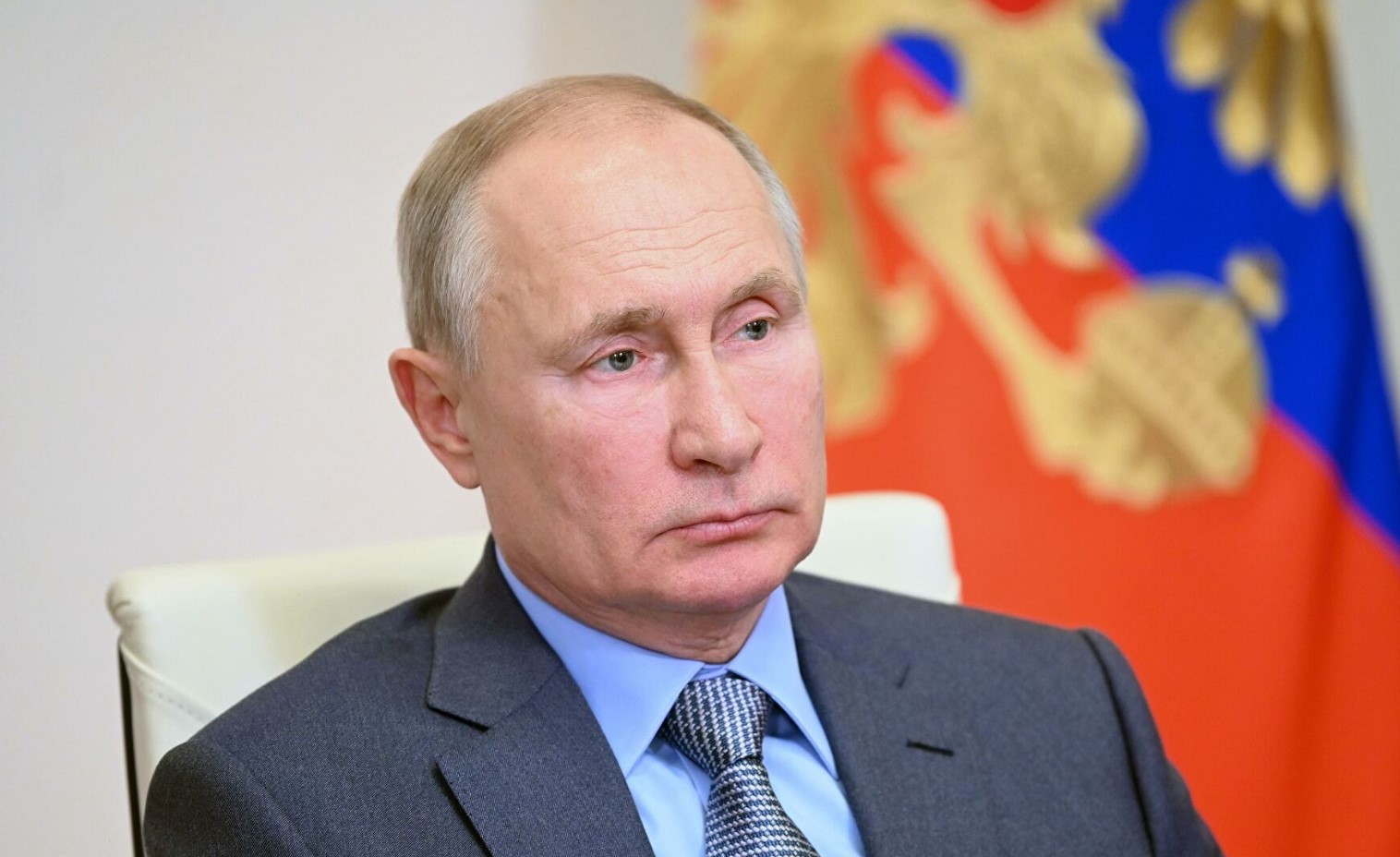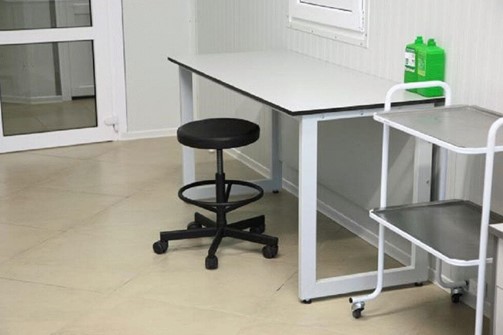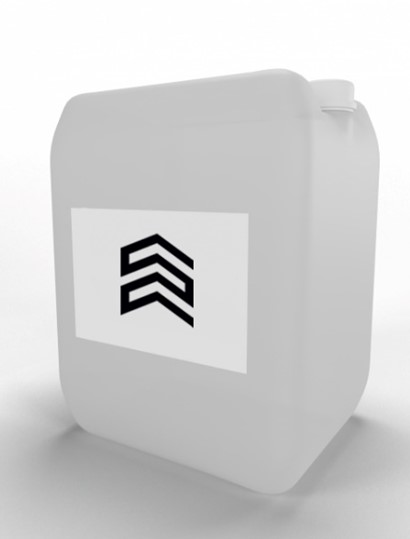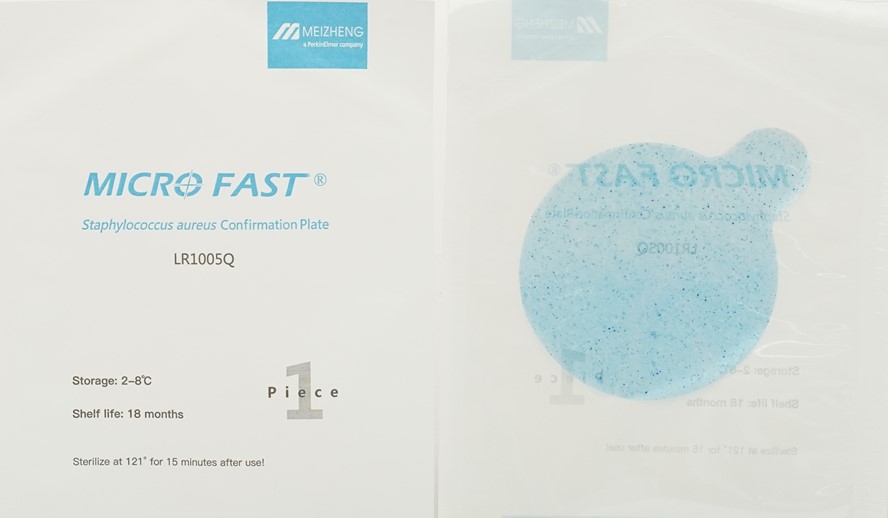FT learned about the request of the EU countries to change the regime of sanctions against Russia
Leading European Union countries - among them Germany, France and the Netherlands - are calling on Brussels to change the regime of sanctions imposed on Russia in order to clearly define exceptions for the supply of Russian grain and fertilizers, writes the Financial Times. According to the newspaper, these countries insist that the current order complicates deliveries to the world's poorest countries.
The FT writes that although the EU has sent instructions to member countries on the passage of grain and fertilizers, individual governments and transport operators say they are not clear enough to be a reliable legal protection. Deliveries are sometimes delayed at European ports longer than expected because companies fear being involved in transactions with Russian entities or people under sanctions. “The current legal situation encourages criticism that the sanctions are hindering the trade in food and fertilizers,” the newspaper cited a document prepared by European countries.
FT learned the details of the ninth package of EU sanctions against Russia Politics
This paper assesses the current situation as undesirable: the EU’s approach has been stricter than that of the US and UK, and financial institutions, insurers, carriers and other organizations involved in the organization of supply chains are also reluctant to participate in commercial transactions for the EXPORT of Russian food and fertilizers. . Among the countries dissatisfied with the established practice of applying sanctions, in addition to Germany, France and the Netherlands, are also Spain, Belgium and Portugal, the FT points out.
At the same time, the European Commission insists that the sanctions it has imposed are not directed against trade in agricultural products and foodstuffs. The EC representative noted in a commentary for the publication that there are guidelines that state the absence of sanctions on the transit of Russian fertilizers to countries outside the EU. Also, according to him, the European Commission helped to unblock “several separate shipments of fertilizers” that were temporarily stuck in EU ports.
Analysts warn of a possible decline in Russian wheat exports Business
Russian officials have repeatedly said in the past that Moscow is ready to send fertilizer and food to the world's poorest countries, including the readiness to send food to Africa by President Vladimir Putin .
Read on RBC Pro The HEAD of Ethereum Russia - RBC: “We are waiting for the “crypto spring” in the middle of 2023” CEO boomerangs: how Jobs returned to the post of CEO,Page and Eiger Where in Europe Russians can get a residence permit and then open an account with the Nedobank bank for $33 billion: why regulators do not trust the Revolut startupwhy regulators don't trust startup Revolutwhy regulators don't trust startup RevolutSince the beginning of Russia's special operation in Ukraine, the European Union has introduced eight packages of sanctions against Moscow, and also announced the preparation of the ninth series of restrictive measures.
Wheat exporters reported difficulties with chartering ships and cargo insurance due to sanctions imposed against Russia since the start of the special operation, Kommersant wrote. In July-August, shipments were estimated at less than 6 million tons, which is the lowest since 2017-2018 and lower than last year's figures by 27%. According to the results of July-October, the difference decreased to 4.5%. Market participants interviewed by the publication assured that they were able to adapt to trade barriers with buyers from the Middle East and Africa, but warned that Russian wheat exports could be lower than forecast in December due to a sharp deterioration in weather, a lack of wagons for transportation and competition with Ukrainian grain.




























































